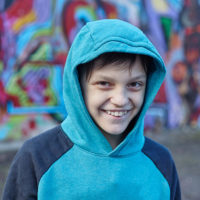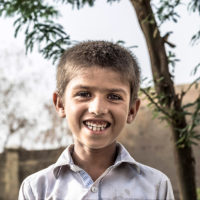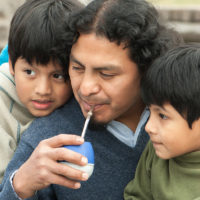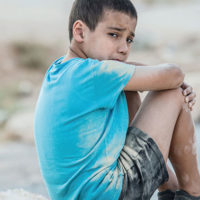Post Traumatic Stress Disorder (PTSD)
-

Practitioner recommendations for PTSD: a 2018 update
In 2018, Patrick Smith, Tim Dalgleish and Richard Meiser-Stedman compiled a Practitioner Review for the Journal of Child Psychology and Psychiatry on post-traumatic stress disorder (PTSD) and its treatment in children and adolescents. In their report, the researchers provide updates on the estimated rates of trauma exposure, and the incidence and course of PTSD in children.
Read more -

Foster care promotes adaptive functioning in early adolescence among children who experienced severe, early deprivation.
Experiences in our early life can have long-term consequences on development. Children who have experienced severe deprivation, in the form of institutional care (orphanages), are at greater risk to experience a range of social, emotional, and cognitive difficulties. In fact, much of the research tracing long-term consequences of early adversity have come from a deficit model (i.e., “what goes wrong for those with negative experiences”).
Read more -

Early cognitive therapy for traumatised young people works and is also cost-effective
More than half of children and adolescents will experience traumatic events like vehicle accidents, house fires, or violence. However, brief counselling for young people in the immediate aftermath of an acute traumatic event has not be shown to be any more effective than not intervening and allowing natural recovery to take its course.
Read more -

Latest evidence on mental health interventions and service response to refugee children
The latest figures indicate that in 2016 65.5 million people had to leave their homes due to war and armed conflicts, of which around one-third of are refugees who fled other countries to seek asylum.
Read more -

Parental responses in predicting children’s PTSD
Many children will be exposed to a potentially traumatic situation at some point in their childhood -that is, an event where there is a potential threat to life or of serious injury to the child, or to someone close to them. These events can range from common unintentional or accidental traumas, such as car accidents or serious sporting accidents, to deliberate harm, such as assault or maltreatment. Such trauma exposure can have a significant negative impact on a child’s psychological wellbeing.
Read more -

Syrian refugee study to be presented at WHO HQ
A JCPP study looking at the effectiveness of support groups for Syrian refugees living in Jordan has been presented at a WHO meeting in Geneva. According to the authors, the randomised controlled trial is the first to apply such robust evaluations to humanitarian interventions for refugee mental health. It found the community-based programme offered modest […]
Read more